Responsible family travel
 Discover more
Discover more
 Discover more
Discover more
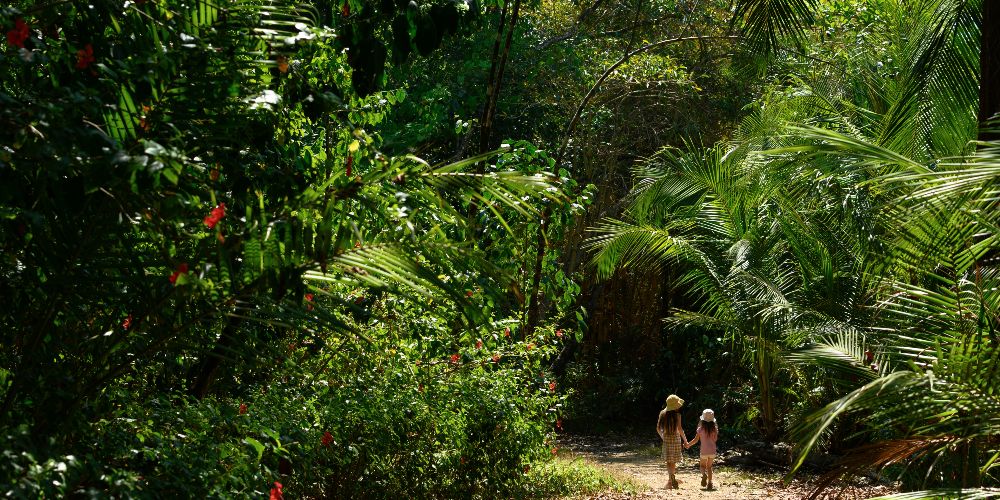
How easy is it for families to take sustainable and responsible holidays? At Family Traveller we can help you make good choices and still have fun with our 10 easy ways to have more responsible holidays with kids.
It goes without saying, we travel a lot, but we’re also committed to treading lightly, leaving no trace and protecting the world we love for future generations. We believe that responsible holidays are about consciously exploring, thinking about how we interact with destinations, respecting people and communities, and always being aware of ways in which we can have a positive impact.
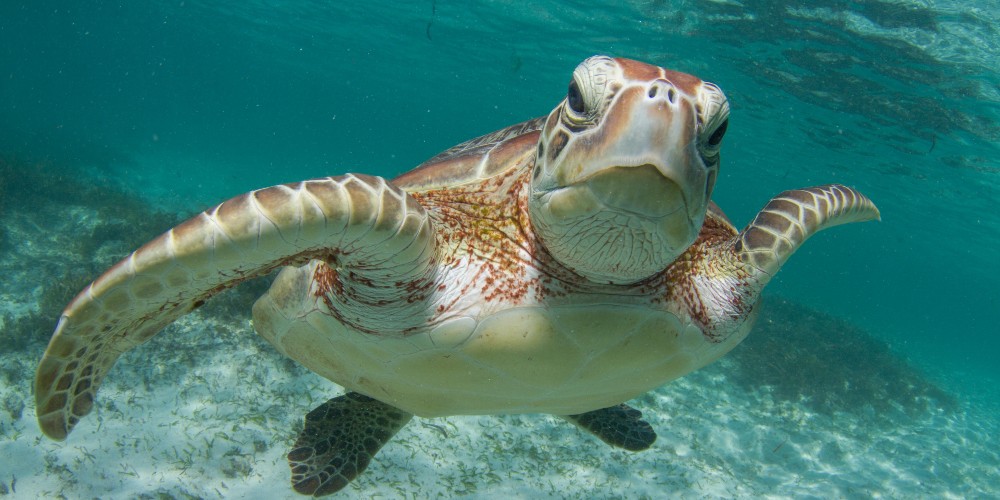
A little bit of destination research, and learning some of the language, practically guarantees a much richer travel experience, you’ll also be aware of the culture and customs so it’s easier to be a respectful traveller. And the positive payback from that is how much more welcoming local people will be to you in return.
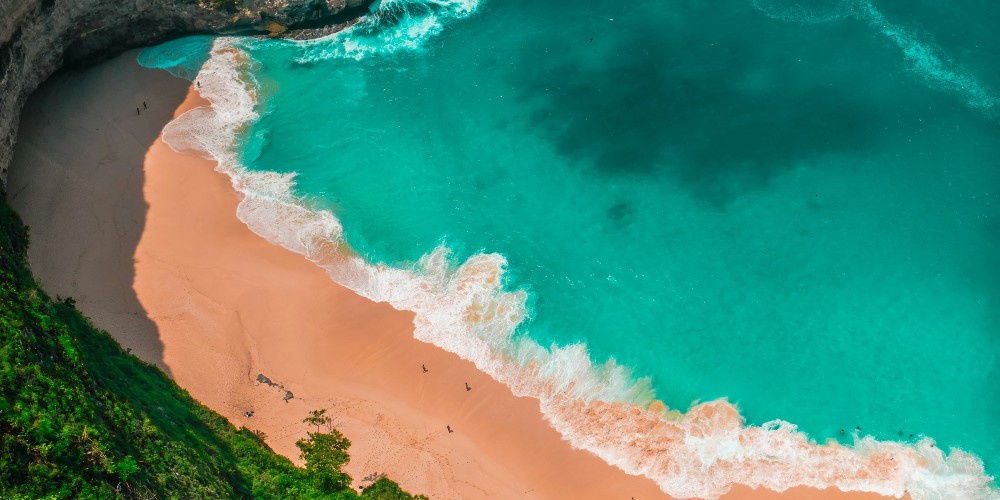
Don’t just think about sustainability in terms of your accommodation, be mindful of the destination too.
A luxury resort in Bali will make your stay effortless and sublime, but waste-management is a major environmental issue on the island of Bali so it’s good to be aware of the bigger picture. Just as it’s always worth remembering that Abu Dhabi sits on the edge of Rub Al Khali: the largest sand desert on earth. Water is a precious commodity, although you’ll probably never feel that scarcity in your resort or the emirate’s amazing waterparks.
Again, a bit of destination research goes a long way to helping you be a responsible guest, even if it just means avoiding single use plastics.
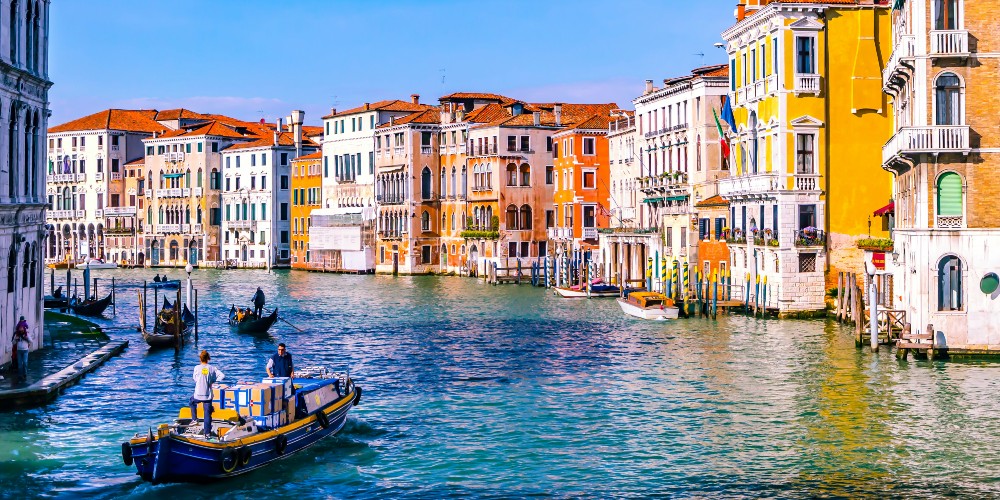
Weirdly, this is one of the most positive things any responsible traveller can do.
We understand the desire to visit unusual places, introduce kids to authentic local life, go off-piste and enjoy that intrepid explorer vibe. But if a tourist infrastructure exists, respect that, because there’s a very good chance it’s in place to minimise the negative impact of tourism on a destination.
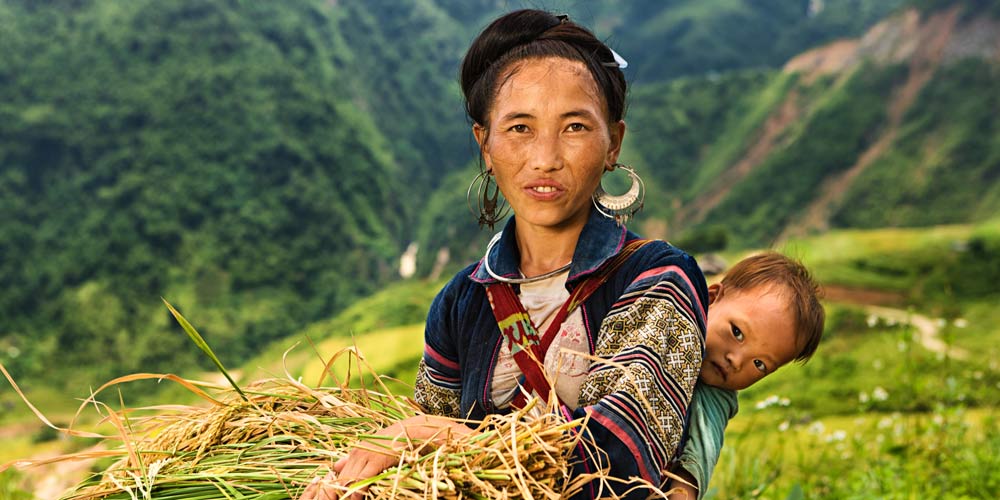
Being a good tourist isn’t the only way to be an ethical traveller. But if you are going off-the-beaten-track, go with responsible travel companies who know the destination, can prove that your authentic local experiences are directly benefitting local people and that your means of travel and accommodation are sustainable, and not damaging to communities or fragile eco-systems.
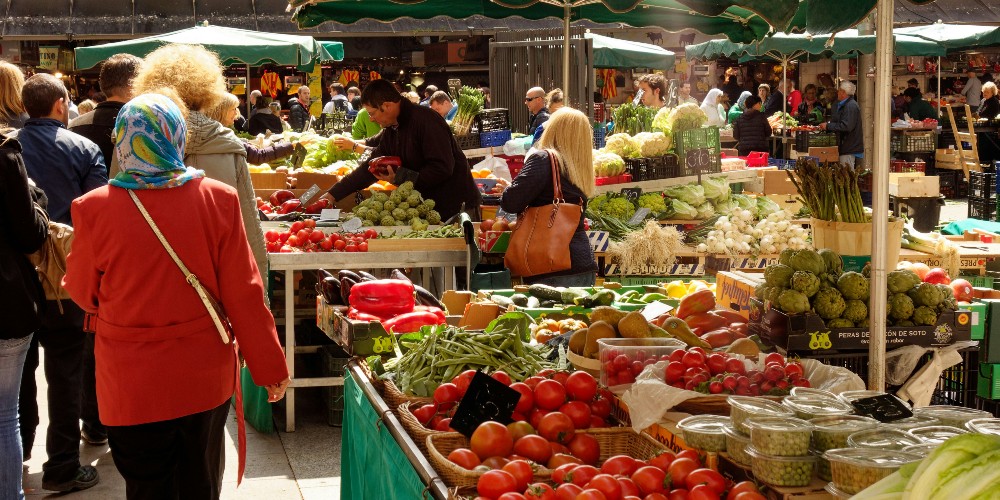
Giving back to your destination is one of the most straightforward ways to enjoy more responsible family holidays.
Eat and shop local, look for restaurants that use local produce and support local farmers, fisherfolk and artisan producers. Morning markets are great fun for kids and good for your conscience. In the same way, make an effort to find local tour guides – they’ll know the area better anyway. And if you’re looking for stuff to take home, support local artists instead of buying cheaper, mass produced souvenirs. We know this is easier said than done with kids, who inevitably fall head-over-heels for the tackiest tourist tatt.
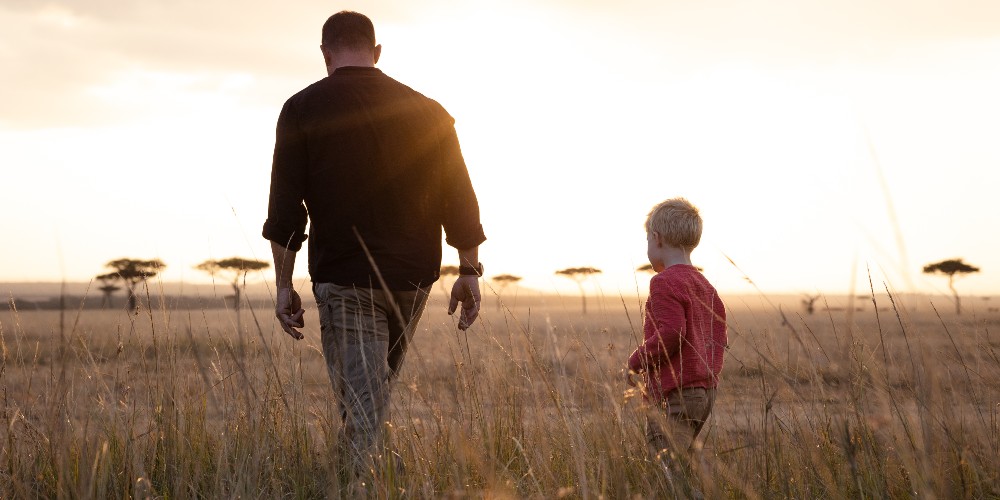
Wildlife holidays are wonderful, and can also be a minefield for responsible travellers. Once-in-a-lifetime experiences like family safaris in Africa come with a hefty price tag, make sure that’s because the reserve you’ve chosen is paying back both to the community and to the environment, and also has a proven commitment to conservation.
Many family holidays also give you the opportunity to get up close to wildlife, which is amazing, but again, anything that comes with even the slightest hint of abuse, should be avoided. Instead look for rescue centres with international accreditation; reputable tour operators that specialise in low-impact wildlife treks or cruises; national parks with dedicated wildlife rangers or specialist travel companies with a global reputation for sustainable wildlife travel and strong, grassroots connections to local communities.
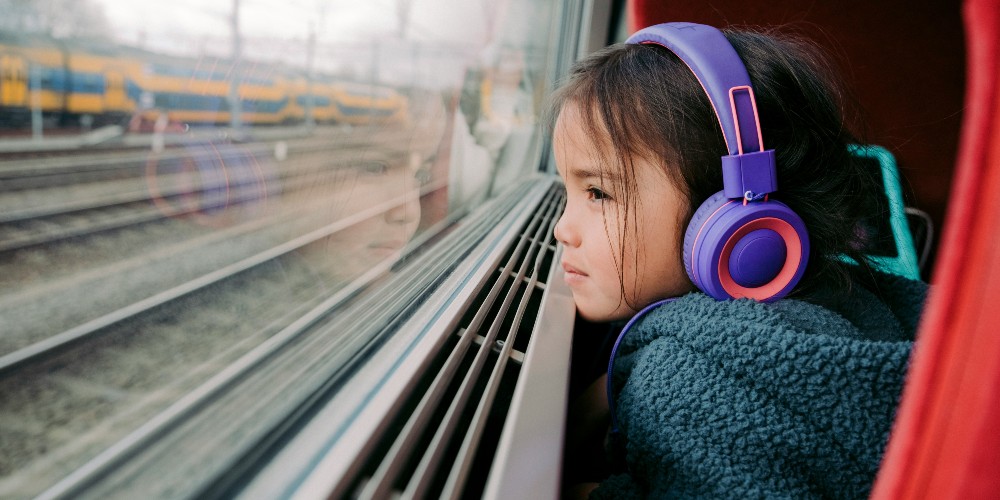
Does taking flights automatically make you an irresponsible traveller? Short answer is, no. Of course, it would be better not fly anywhere, but that’s not always practical, although it’s always worth considering ferries and trains if you’re visiting Europe or taking a European ski holiday.
Offsetting flights gets a lot of tokenism stick which, to an extent, isn’t totally unjustified. However, flying with airlines that are transparent about offsetting and clear on the facts and their longer term ambitions is something to think about.
British Airways CO²llaborate platform lets you calculate your carbon emissions for every flight and then choose climate projects to which you can contribute to offset some of your impact.
Small, personal steps you can take to reduce the impact of air travel include booking direct flights, choosing airlines using SAF (Sustainable Aviation Fuel), flying economy as you use less space, packing light to reduce baggage weight on flights and lower fuel consumption, and not flying short distances.
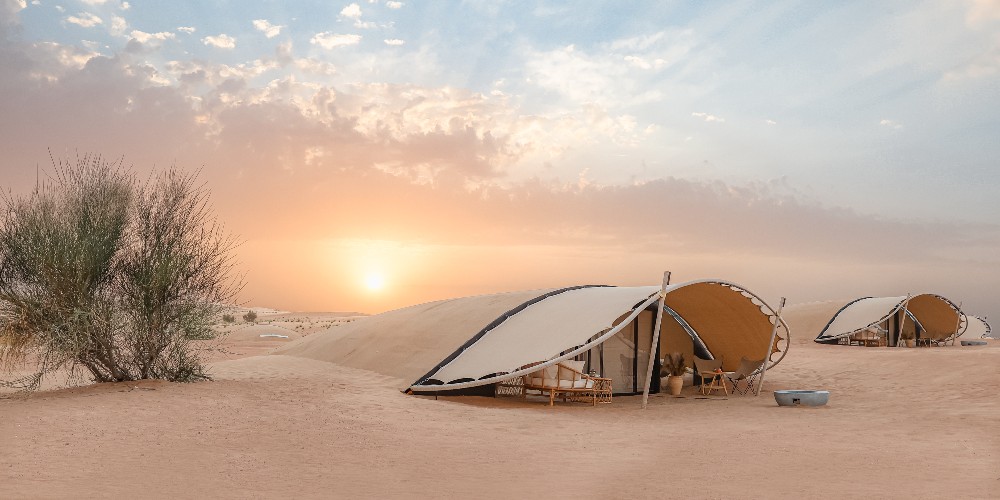
Choose ethical accommodation with proven sustainable practices in place as part of their everyday operations, and beware greenwashing.
Sustainability is about people, places and the planet, so paying and treating staff fairly is just as important as recycling waste, conserving water and using renewable energy.
Don’t be afraid to dig deep and ask questions, for example: does your accommodation buy local and seasonal produce; do they minimise food miles; do they support biodiversity. And if you want to be completely sure that your hotel meets your standards, look for Global Sustainable Tourism Council (GSTC) certification: the gold standard for hotels, tour operators and destinations worldwide.
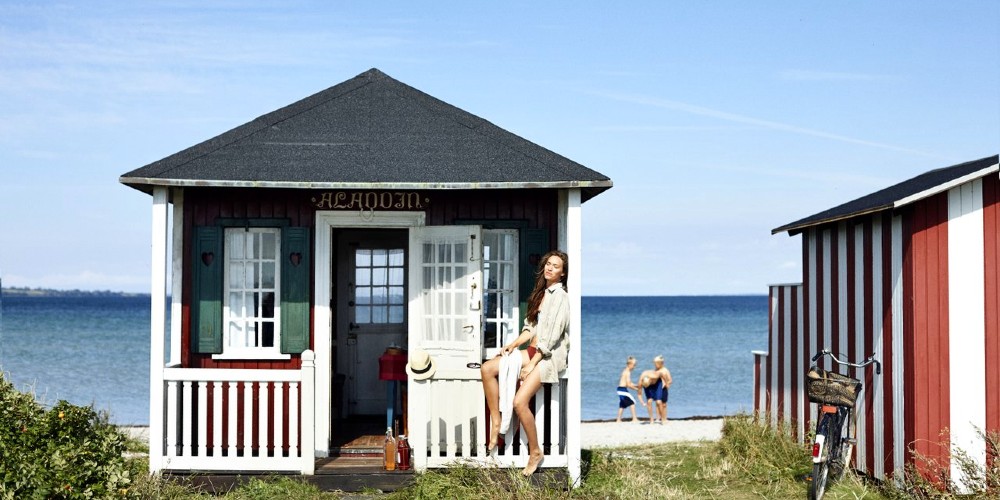
Over the past few years Airbnb has become a hot-button topic in quite a few European destinations and the main issue is not with visitors, but with unscrupulous property companies. However, it’s easy enough to be responsible and avoid hostility.
Simply make sure if you’re renting an apartment or house, you’re renting from a local. So, not only are you staying true to the principles that made Airbnb such an innovative platform in the first place, you’re supporting the grassroots’ economy, as well as the local culture and community.
Finally, be aware of your destination’s culture and politics, and mindful of what your visit could be supporting.
The ideal country for responsible family holidays should have an excellent human rights record, be inclusive and welcoming to LGBTQ+ travellers, should have no recent history of oppression and a low incidence of hate crimes, crimes against minority groups or crimes against women. Personal sanctions seldom elicit real change, but not condoning the world’s bad actors by boosting their tourist numbers is a very responsible choice.
At Family Traveller we are committed to protecting the planet for future generations of adventurers. We recognize our responsibility to minimising our environmental impact and actively contributing to the fight against climate change.
Reducing Carbon Emissions
Sustainable Practices
Conservation and Biodiversity
Advocacy and Collaboration
Transparency and Accountability
Together, we aim to ensure that family travel remains a source of joy, not only for today but for generations to come. Join us on our journey towards a sustainable future!
Family Traveller December 2024